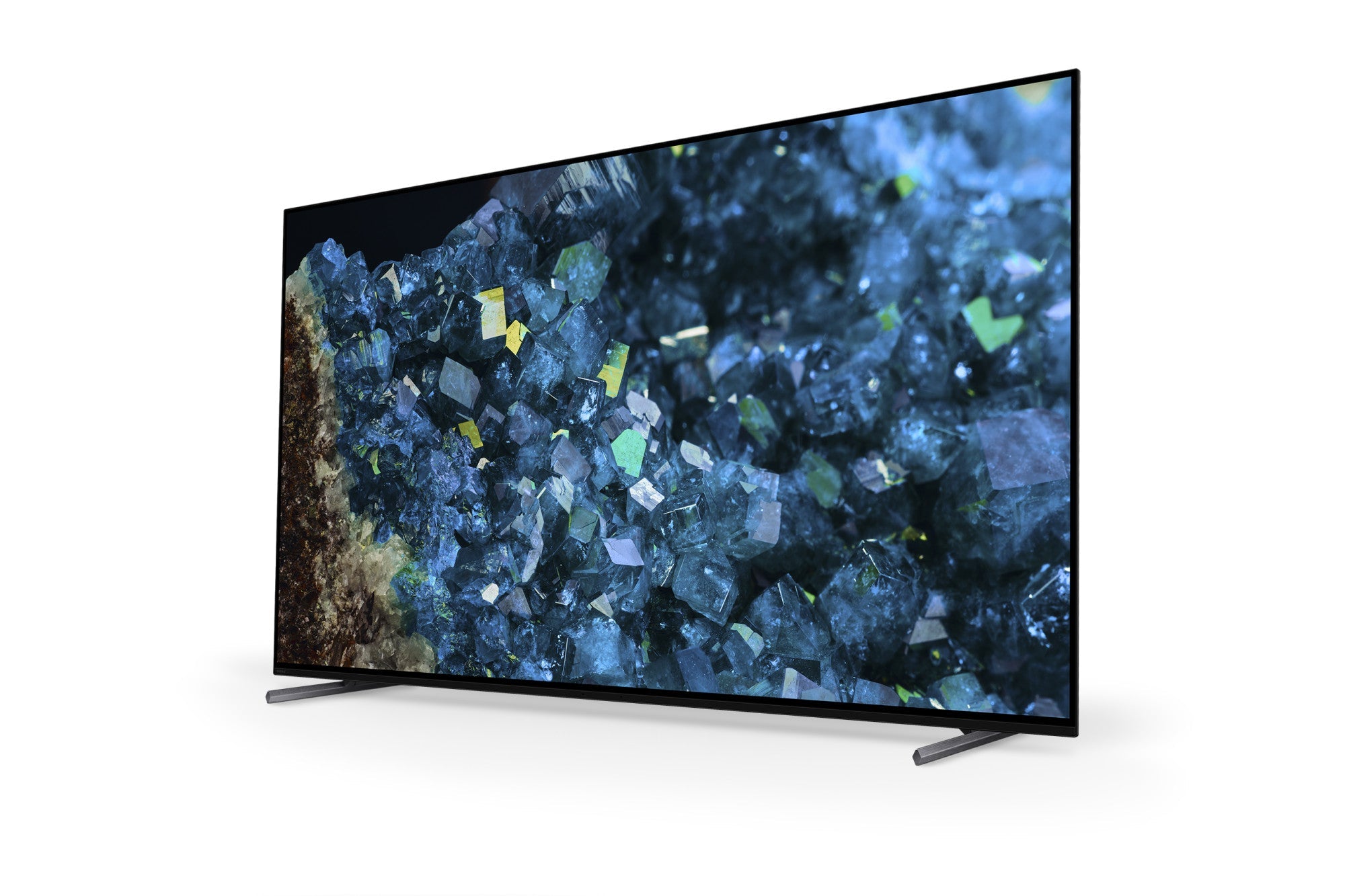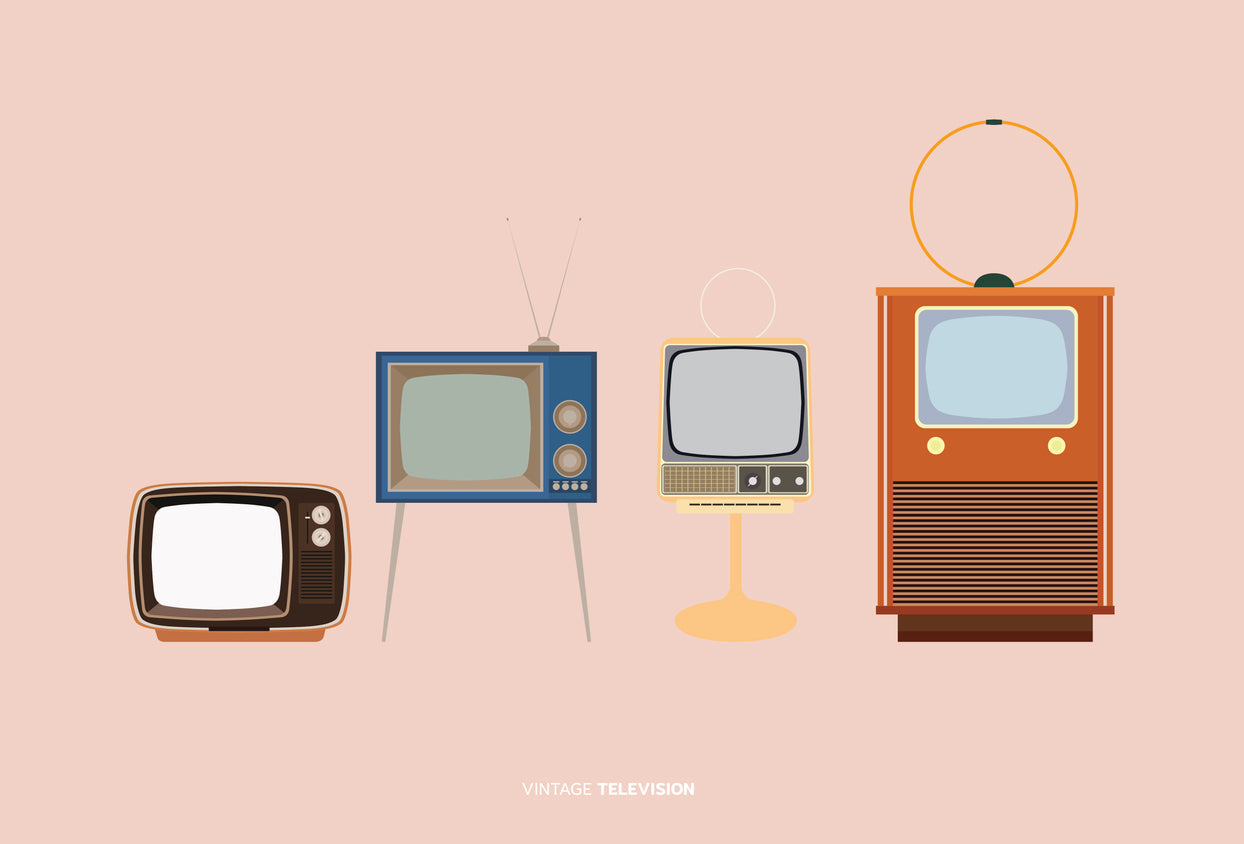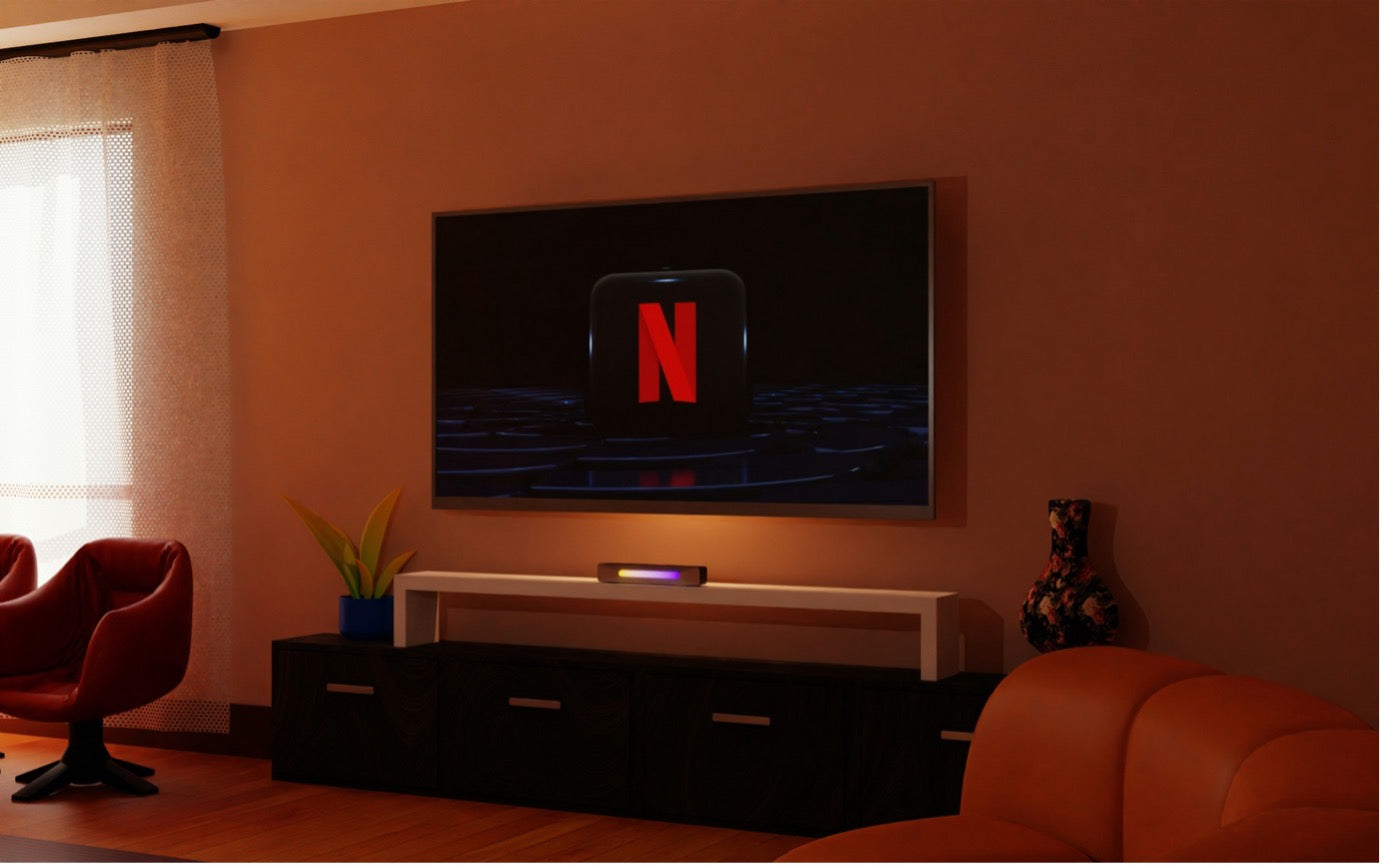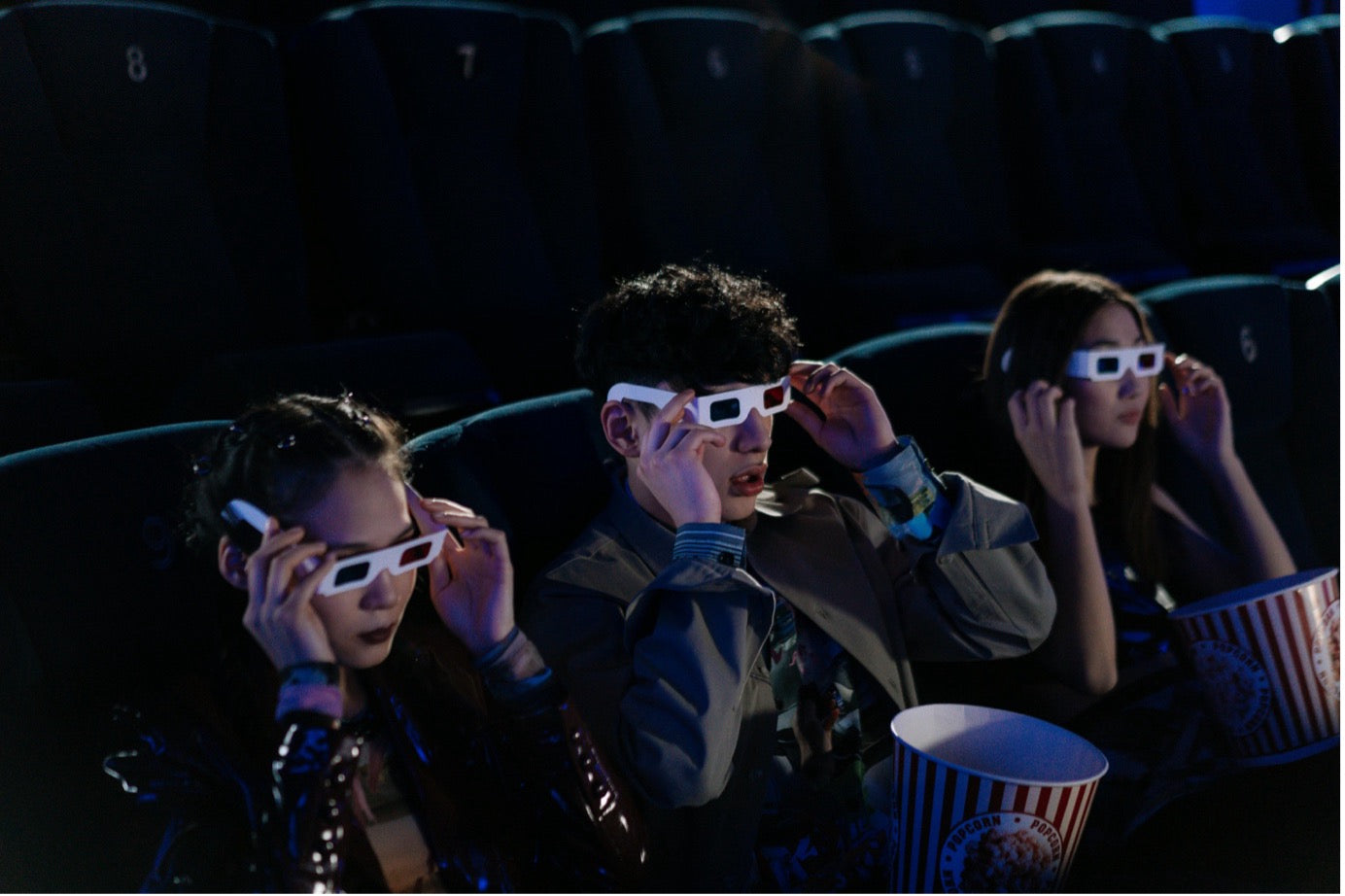Television has come a long way since it was first invented. From the early sets with small screens to today’s massive home cinema screens and ultra 4K high-definition picture quality, the rapid development of this technology is astonishing. Here, we take a look at the timeline of television, from its humble beginnings to where it is now.

The Evolution of Television
-
1884: A German university student, Paul Gottlieb Nipkow, proposed and patented the scanning disk, which would later form the basis of mechanical television—though it seems he never actually built one.
-
1908: Alan Archibald Campbell-Swinton published a letter in the scientific journal Nature, describing how a cathode ray tube could be used to transmit and receive “distant electric vision.”
-
1925: John Logie Baird, a Scottish inventor, gave the first public demonstration of television on March 25 at Selfridges in London using a mechanical system. At this stage, it displayed only moving silhouettes.
-
1926: Baird improved his system enough to reproduce a recognizable human face—his partner Oliver Hutchinson—using just 30 lines to produce the image.
-
1927: Philo Farnsworth, working on electronic television systems, transmitted his first image—a simple straight line.
-
1928: The first commercial television sets became available. These were radios with an added mechanical television device, using Nipkow’s scanning disk to produce an image the size of a postage stamp, magnified only slightly.
-
1934: Philo Farnsworth gave the world’s first public demonstration of an all-electronic television system using a live camera at the Franklin Institute of Philadelphia.
-
1936: The BBC began transmitting the world’s first public television service from Alexandra Palace in North London. Initially, it alternated between Baird’s mechanical system and an electronic system, but the 405-line electronic system quickly became the standard.
-
That same year, Hungarian engineer Kálmán Tihanyi first described the principles of plasma television—something that wouldn’t become commercially available for decades.
-
-
1937: Viewers watched King George VI’s Coronation Procession in May—the BBC managed an impressive number of outside broadcasts despite limited audiences due to the high cost of television sets.
-
1939: Two days before World War II broke out, the BBC suddenly blacked out its television service—midway through a Mickey Mouse cartoon—amid fears that transmitters could aid enemy aircraft navigation.
-
1946: BBC broadcasts resumed with the same Mickey Mouse cartoon that had been interrupted seven years earlier. The next day, the Victory Parade was televised.
-
1951: The first national live television broadcast in the U.S. aired, featuring President Harry Truman's speech at the Japanese Peace Treaty Conference in San Francisco.
-
1953: The BBC’s Panorama debuted—the current affairs program is still running today, making it the BBC’s longest-running series.
-
1954: In the U.S., the first color television broadcast featured the Tournament of Roses Parade. However, most broadcasts remained in black and white.
-
1955: Independent Television (ITV) was launched as the UK’s first commercial television service.
-
On ITV’s launch night, the BBC controversially aired a dramatic episode of The Archers, featuring the death of Grace Archer, attracting 20 million listeners—some claimed this was timed to draw viewers away from ITV.
-
-
1960: Coronation Street aired for the first time on ITV. It became the world’s longest-running soap opera in 2010 and is still on air today.
-
1963: Doctor Who debuted—the cult science fiction show, despite being canceled in the late ‘80s, later returned and remains one of the BBC’s longest-running series.
-
1964: The first monochrome plasma display was invented at the University of Illinois by Donald Blitzer, H. Gene Slottow, and graduate student Robert Willson. Initially, it was used in computer systems.
-
1967: The BBC broadcast its first color pictures from Wimbledon. By mid-1968, nearly all BBC2 programs were in color, and within six months, BBC1 followed suit.
-
1977: James P. Mitchell developed the first true all-LED flat-panel television screen. The prototype was displayed at the 29th International Science and Engineering Fair in Washington, D.C., the following year.
-
1986: Over 30 million people tuned in to EastEnders to watch Den divorce Angie, setting record audience numbers.
-
1988: Sharp introduced the first commercial LCD television, marketed as a boutique item rather than for mass consumers.
-
1997: The first plasma televisions went on sale, with Fujitsu, Philips, and Pioneer leading the market.
-
1998: The first digital television broadcasts began in the UK.
-
2007: LCD televisions outsold both plasma televisions and traditional CRT sets during the Christmas season.
-
2008: Sony produced the first commercial LED television—the XEL-1.
-
That same year, Hyundai (better known for its cars) released the world’s first 3D television in Japan.
-
-
2010: HD was launched on Freeview in the UK.
-
2012: Analogue television broadcasts ended in the UK.
-
LG announced the world’s first 3D UHDTV using the 4K system.
-
-
2013: Samsung announced the availability of its 110-inch Ultra HDTV for custom orders—the world's largest Ultra HDTV at the time.
-
2014: Samsung ceased plasma television production.
-
Netflix began streaming shows in 4K to compatible televisions.
-
-
2016: Sportsnet broadcast the first-ever NBA game produced in 4K.
-
2018: LG introduced the world’s first 8K OLED TV at the IFA in Berlin.
-
The company also unveiled the world’s first 65-inch rollable TV.
-
The Future of Television

Here at Electronic World, whatever the future of television holds, we’ll continue offering the best range of high-quality, affordable TVs.
Call us on 0121 327 3273 or visit our Birmingham showroom for more information.










